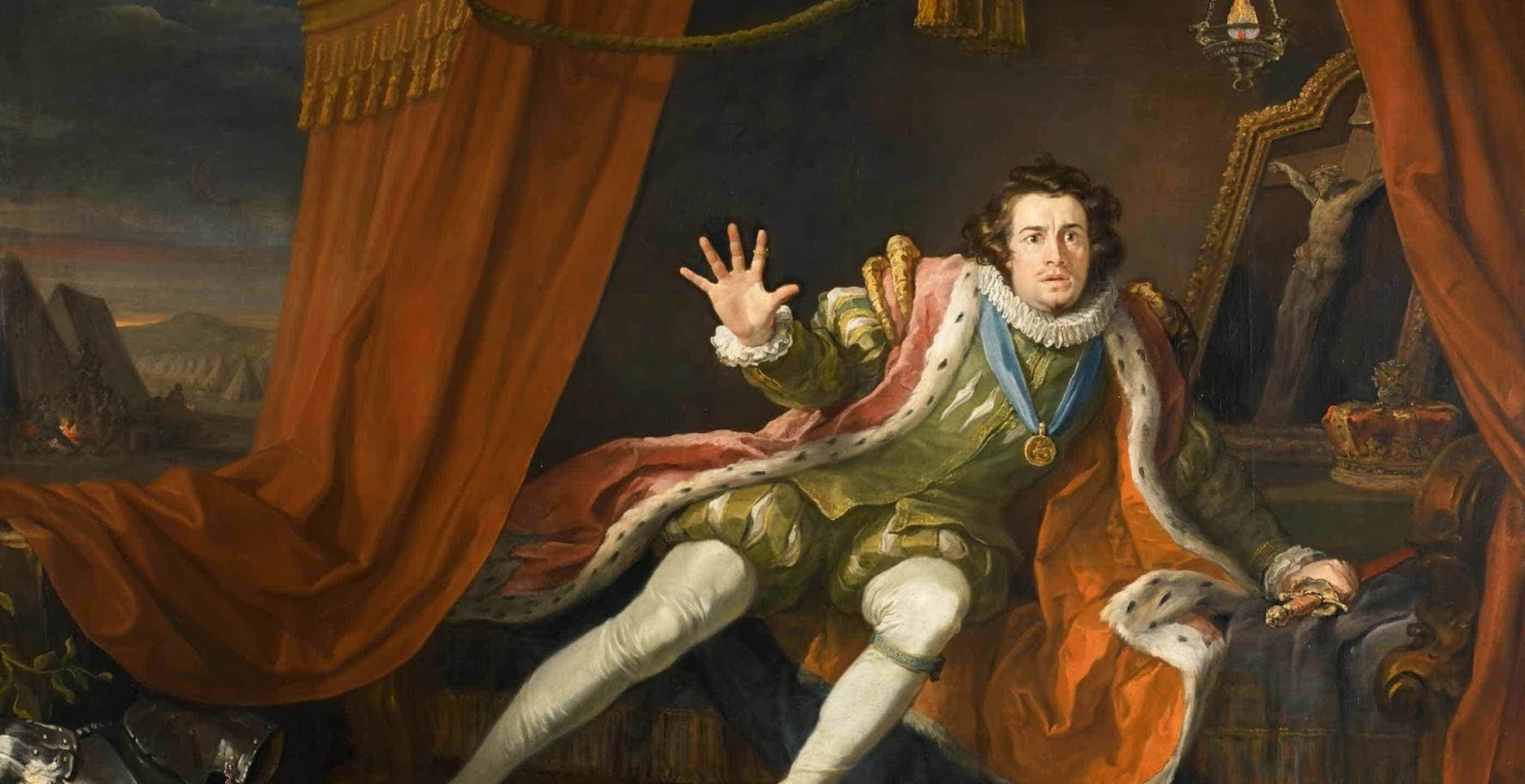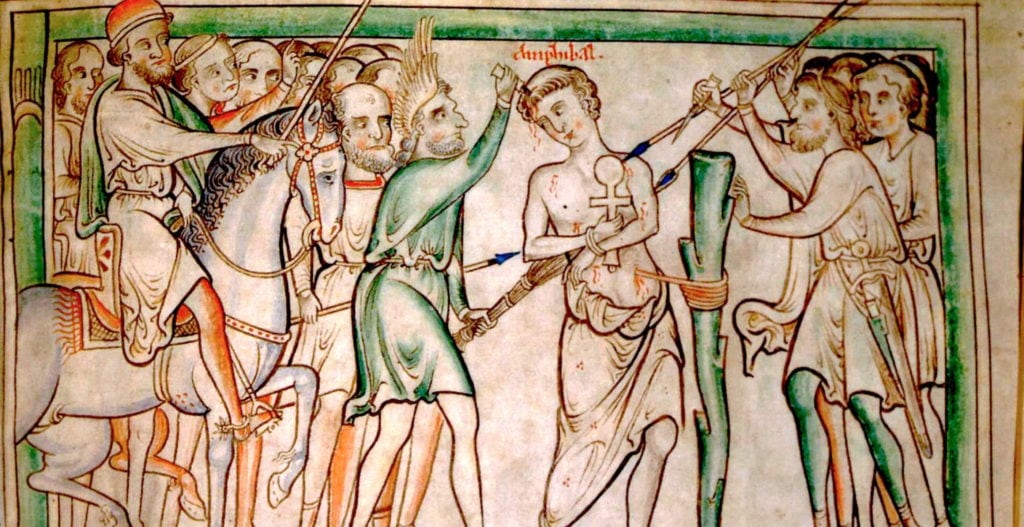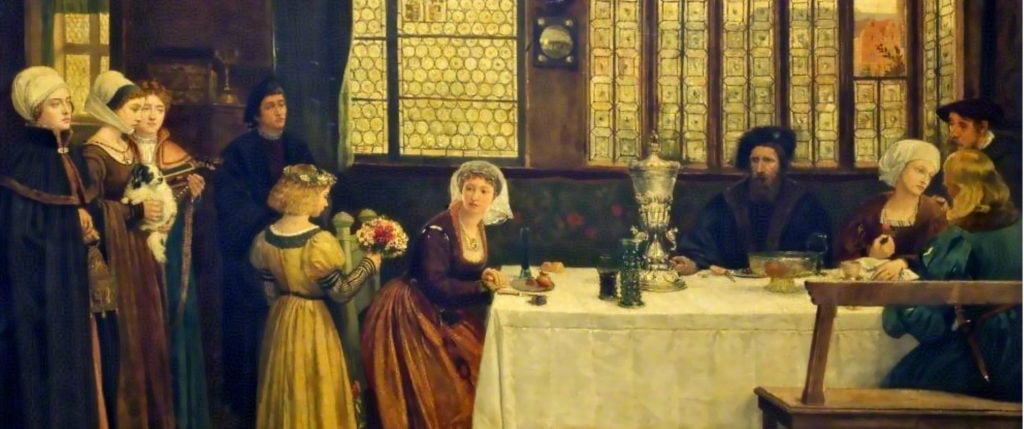Culture UK
Who are the British? Do they really drink tea, eat roast beef and Yorkshire pudding and never leave home without an umbrella? Find out more about true Brits; past and present, myth and legend, fact and fiction.
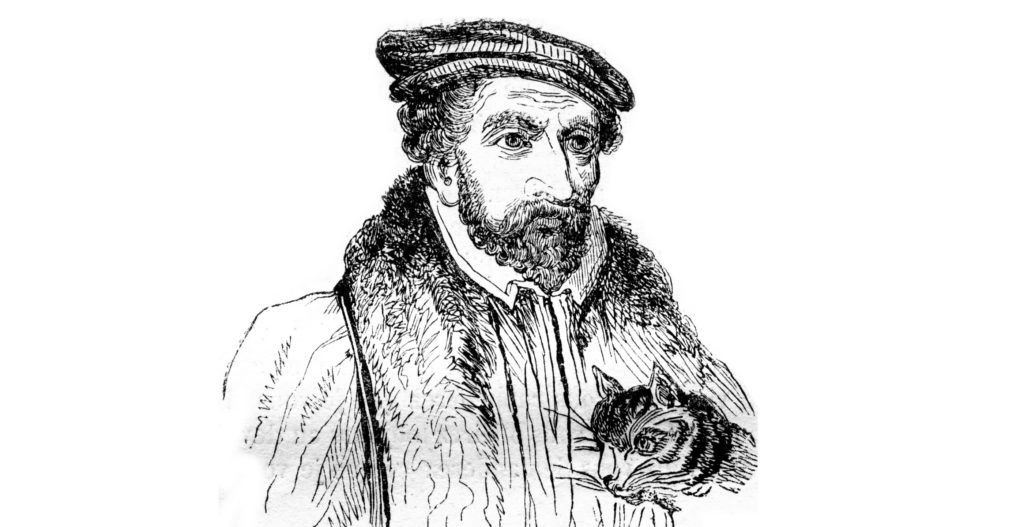
The Real Dick Whittington
Many people are familiar with the folk tale of “Dick Whittington and his Cat” through pantomime versions of the story. However there really was a Sir Richard Whittington, Lord Mayor of London four times…
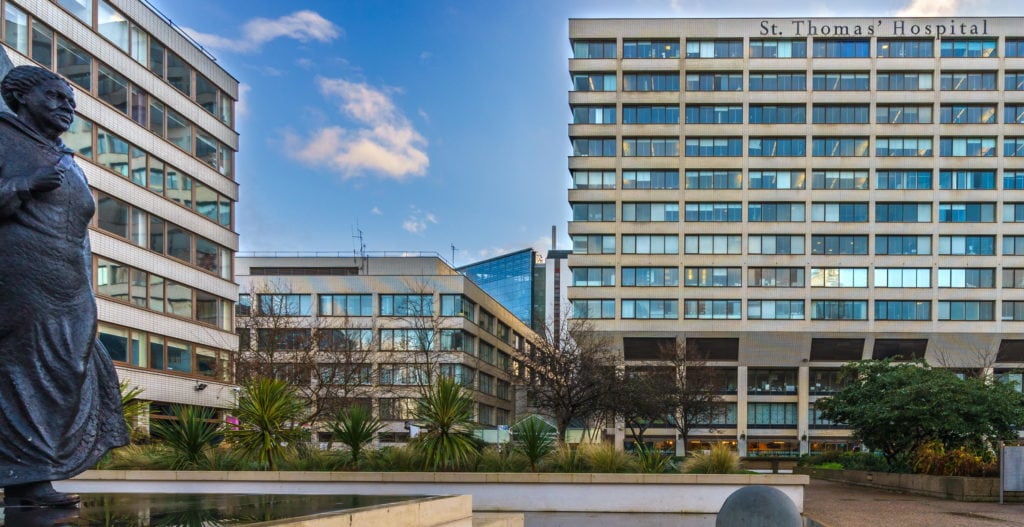
The Birth of the NHS
On the 5th July 1948 an historic moment occurred in British history, a culmination of a bold and pioneering plan to make healthcare no longer exclusive to those who could afford it but to make it accessible to everyone: the NHS was born.
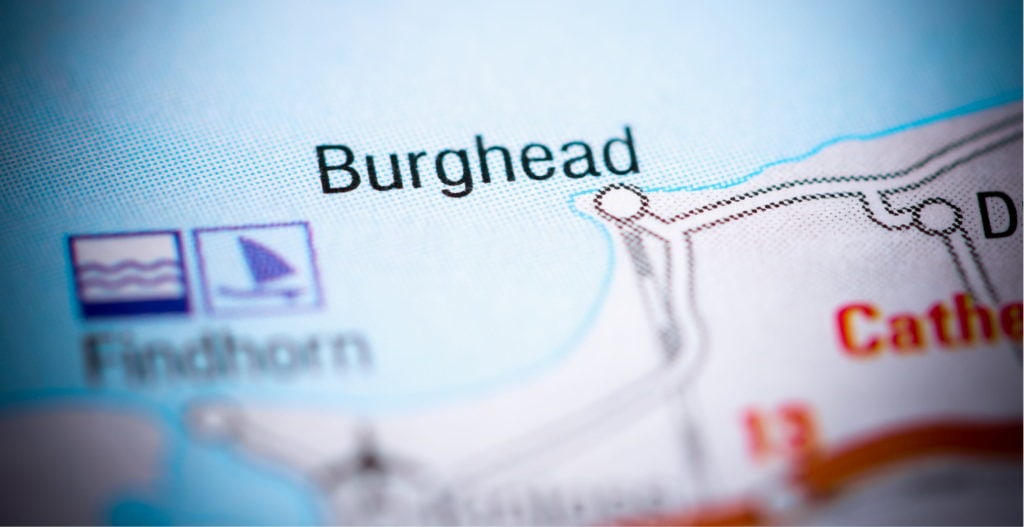
Burghead
Burghead in Moray, Scotland celebrates New Year not once but twice: on 1st January and then on 12th January when the ‘Burning of the Clavie’ fire festival takes place…
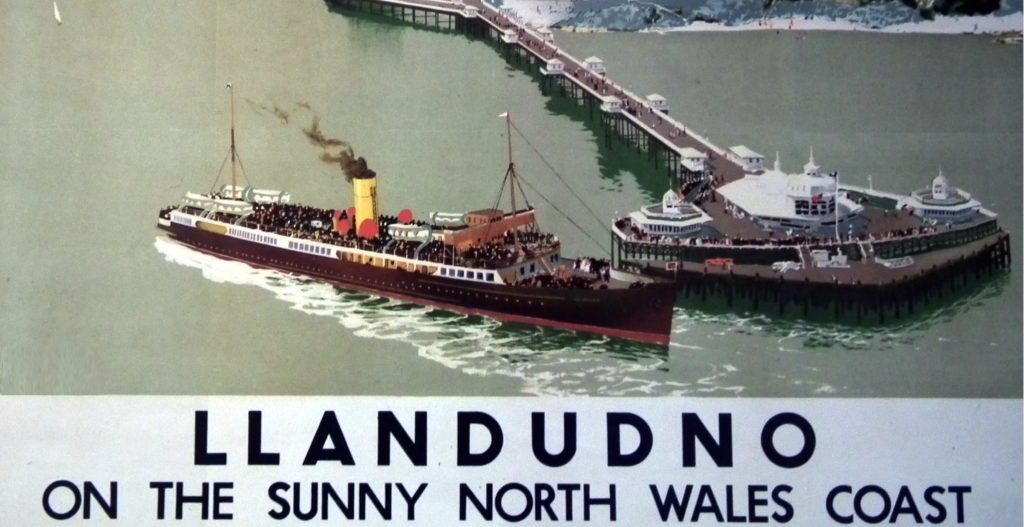
Thomas Cook
2021 marks the 180th anniversary of Thomas Cook’s first step towards building the package holiday phenomenon. Through Thomas Cook’s belief in temperance and education he grew a travel company so all classes could enjoy the luxury of a holiday…
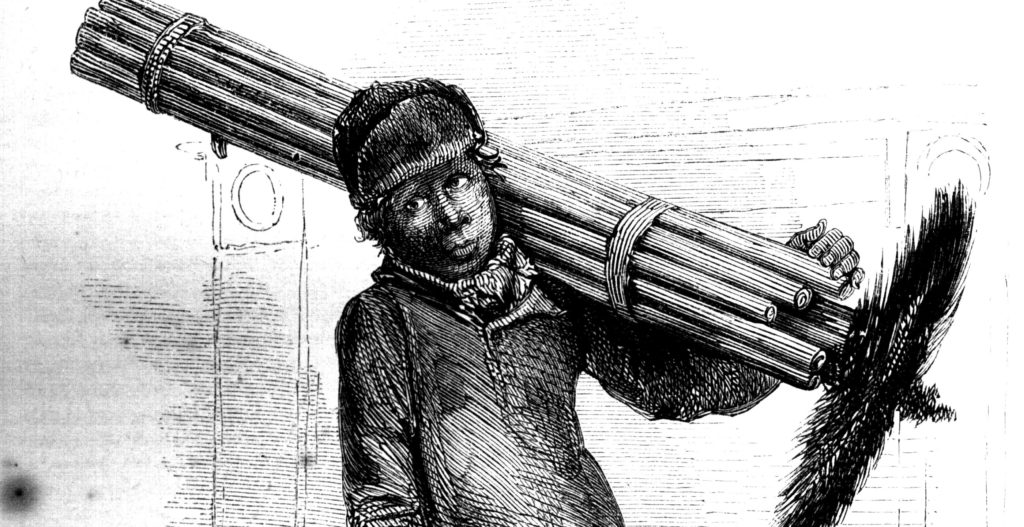
Chimney Sweeps and Climbing Boys
Being a chimney sweep, or climbing boy as they were often called, was a harsh and dangerous profession. Those employed were often orphans or from impoverished backgrounds, sold into the job by their parents…
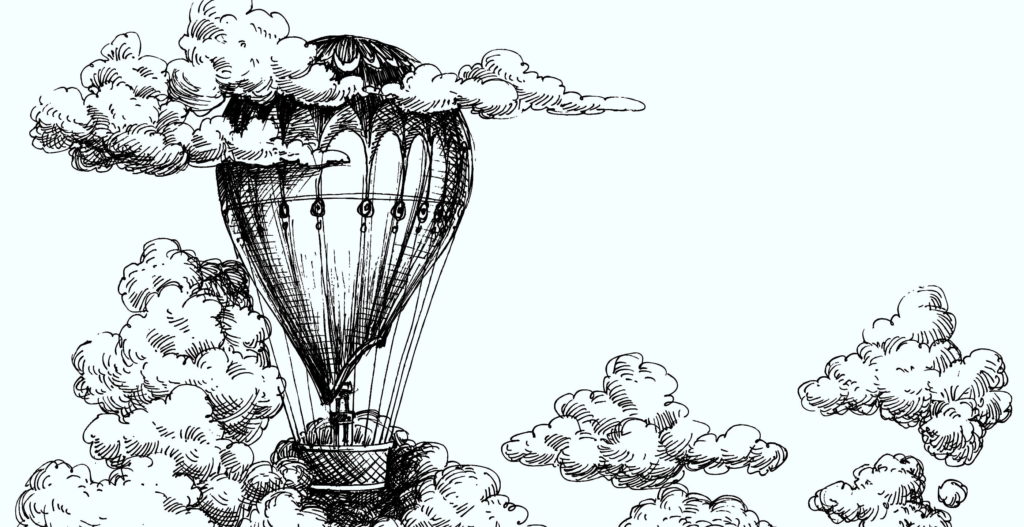
Hot Air Balloons in Britain – A History
Hot air balloon building in Britain has an intriguing history. Military experiments at Aldershot, Hampshire led the War Office to create a dedicated Balloon Section in 1890…
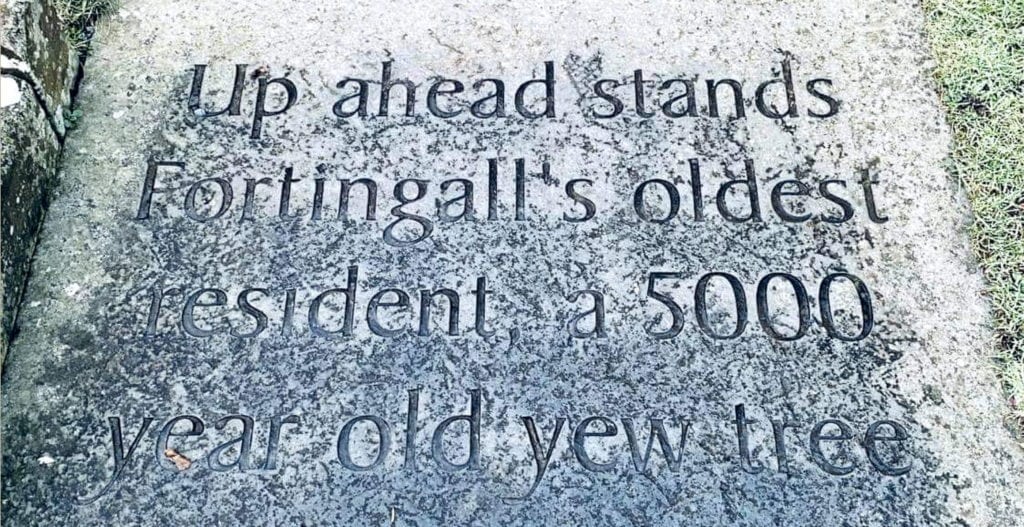
The Fortingall Yew
The Fortingall Yew stands in the grounds of an ancient church in the tiny village of Fortingall, Perthshire, Scotland. It is arguably the oldest living tree in Europe…
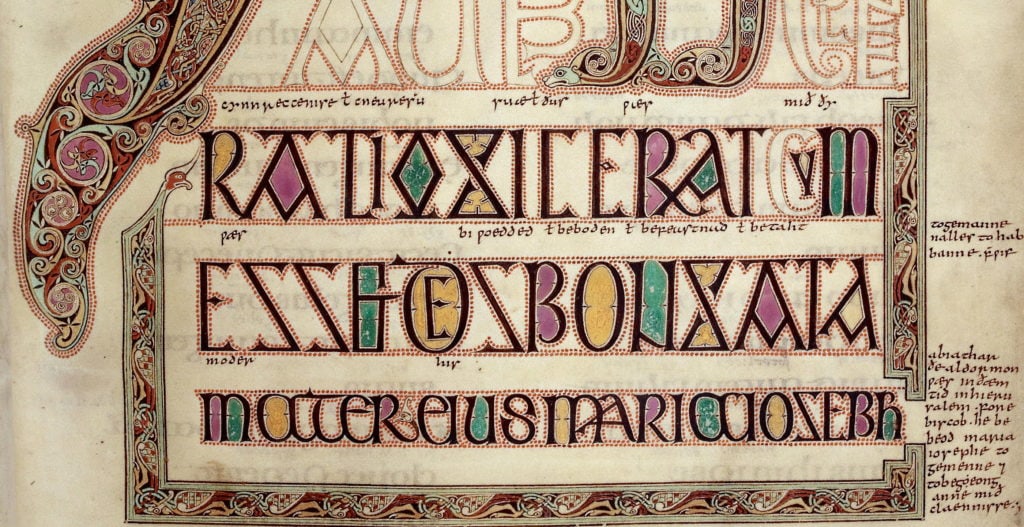
The Lindisfarne Gospels
The most spectacular surviving manuscript from Anglo-Saxon England, the Lindisfarne Gospels were produced on the Holy Island of Lindisfarne off the Northumberland coast around 700 AD…
